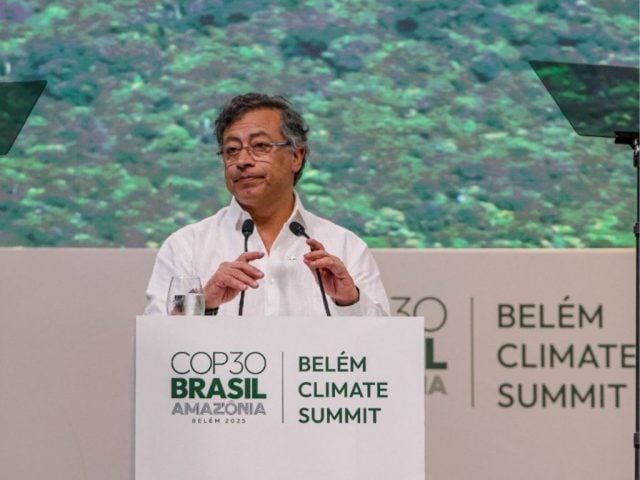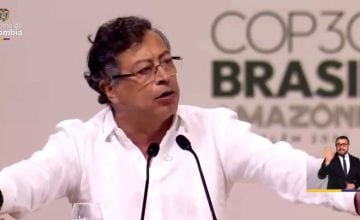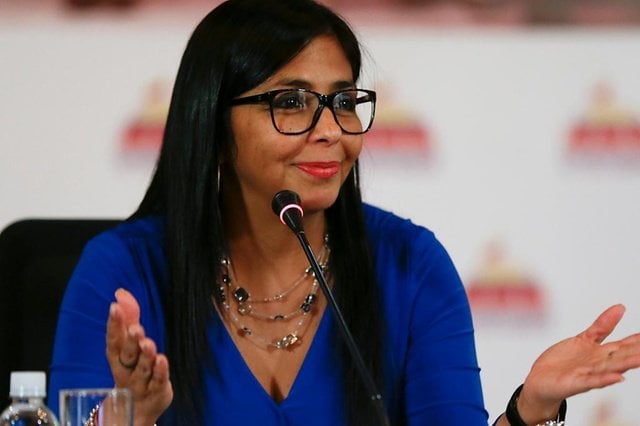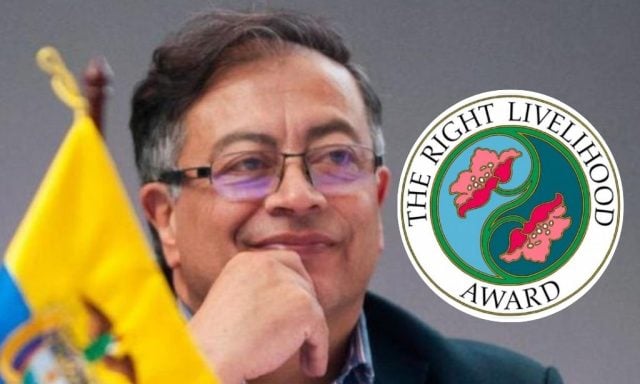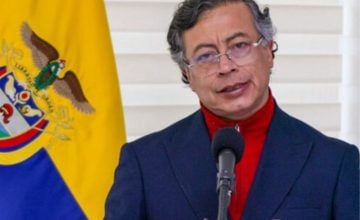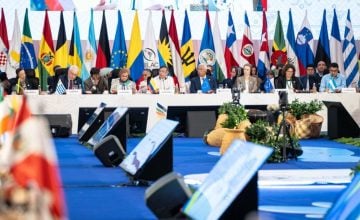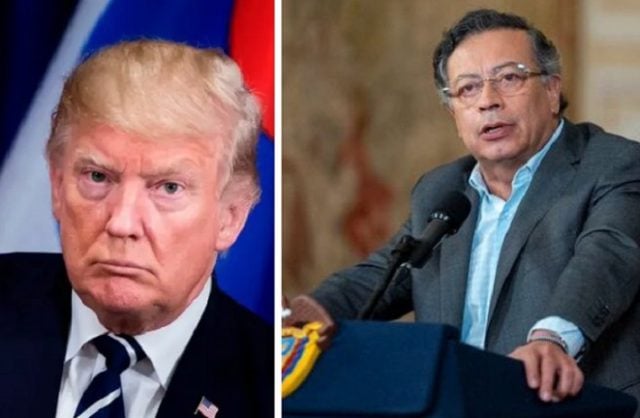Original article: Petro se rebela en la COP 30: denuncia que cumbres climáticas son “espectáculos” y llama a una revolución contra el capitalismo fósil
In a scathing post on his X account (formerly Twitter), Colombian President Gustavo Petro distanced himself from the final statement of COP 30, targeting the core of the global economic model. He believes that climate summits have ceased to be effective venues for action and have instead become mere «spectacles,» while the climate crisis is heading towards collapse. «It was very difficult for me during the final hours of COP 30, and I believe I made the right decision in favor of humanity and life, which is my political project for a new progressivism in the world,» he wrote.
Petro Challenges COP 30 and Directly Targets Fossil Capitalism
From this perspective, Petro presented himself as a head of state willing to bear political costs amid COP 30. For him, the crisis is not merely a technical or diplomatic issue but a structural one: «The climate crisis expresses the greatest contradiction of capitalism. Either fossil capitalism survives, leading humanity to its grave, or there will be green capitalism—unlikely with Trump’s election and his irrational stance on the climate crisis—or there will be a human revolution against fossil capital.»
In his messages, the president insisted that decarbonization is no longer just a slogan but a historical urgency. «Decarbonization is essential and must be fast; we have no time to lose as the climate countdown advances, unpredictably leading to collapse,» he warned, linking the inaction of wealthy nations directly to the worsening of global warming.
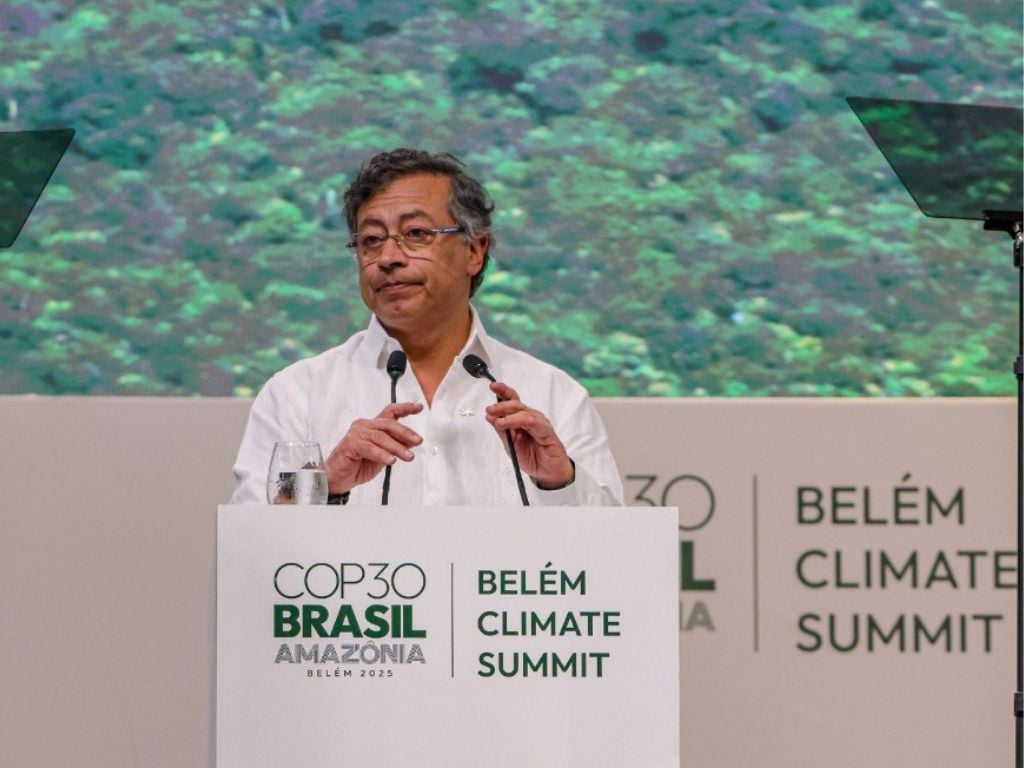
«COPs Have Not Worked»: Criticism of Climate Summits as «Spectacles»
In this context, Petro rebelled against the very format of these multilateral negotiations at COP 30. He stated plainly on his X account: «COPs have not worked and must not turn into spectacles, but rather into assemblies of the peoples of humanity.»
The Colombian president contrasted the logic of grand diplomatic shows with the need for people to take the lead in decisions about the planet’s future. “As a head of state in the world, and president of a nation abundant in life, I chose to stand firm,” he emphasized.
Political Isolation and Critique of «Fossil Left»
Petro expressed open disappointment at the lack of support for his stance in the final stretch of COP 30. “I know we were left alone; I did not expect the European Union and the African Union to abandon us, but that’s how it was. From the oil-rich Arab countries and Venezuela, I can understand their position; they live off oil, but they must realize that oil only attracts wars towards them,” he wrote.
He stressed that regions like Colombia, Latin America, and Africa have much to gain from a swift transition to decarbonized economies, but that political elites have yet to grasp the scale of the challenge: “We must accelerate the transition from oil capital to green capital in the world; they know that Colombia and Latin America, like Africa, benefit from decarbonization, and it would also greatly benefit Brazil, Mexico, and Venezuela, but their political forces still do not fully understand the issue.”
From there, the president turned to self-criticism within his political field: “That’s why I am a kind of dissident within the left, which I sometimes call fossil. Because to talk about revolution again, we must defossilize thinking and embrace universality.”
Petro Challenges COP 30 and Objects to Final Statement for Omitting Oil, Coal, and Gas
The breaking point came with the final declaration of COP 30, held in the heart of the Amazon rainforest. Petro explicitly objected to it, stating on X: “The COP 30 declaration is not legitimate if a country opposes it; that’s a bad formula, but it’s the existing formula. It must change, but under its own rules, Colombia—and I know it’s just us—objects to the declaration because it fails to address what is essential. Seventy-five percent of the climate crisis is caused by the use of coal, oil, and gas; each molecule of emissions from those sources worsens the warming problem and the climate crisis, leading it to collapse.”
For the Colombian president, explicitly omitting the role of fossil fuels in a global climate agreement signed in the Amazon is unacceptable: “The climate collapse is the collapse of life on the entire planet. Not including that, at the end of COP 30, in the Amazon rainforest, is a mockery of humanity. I oppose it as a representative of the Colombian nation.”
In his concluding message, Petro made it clear that, in his view, there is no room for compromise: “It is the definitive moment; there is no more time to waste. I know that decarbonization is a revolution for the world, but it must be done if we want to live for thousands or millions of years in the universe.”
